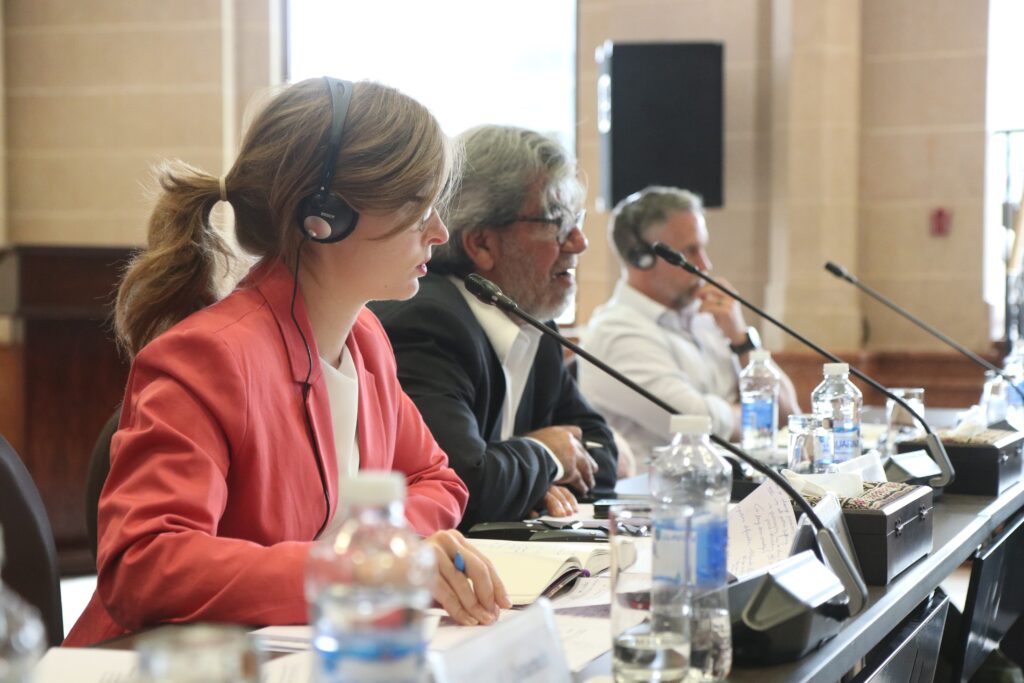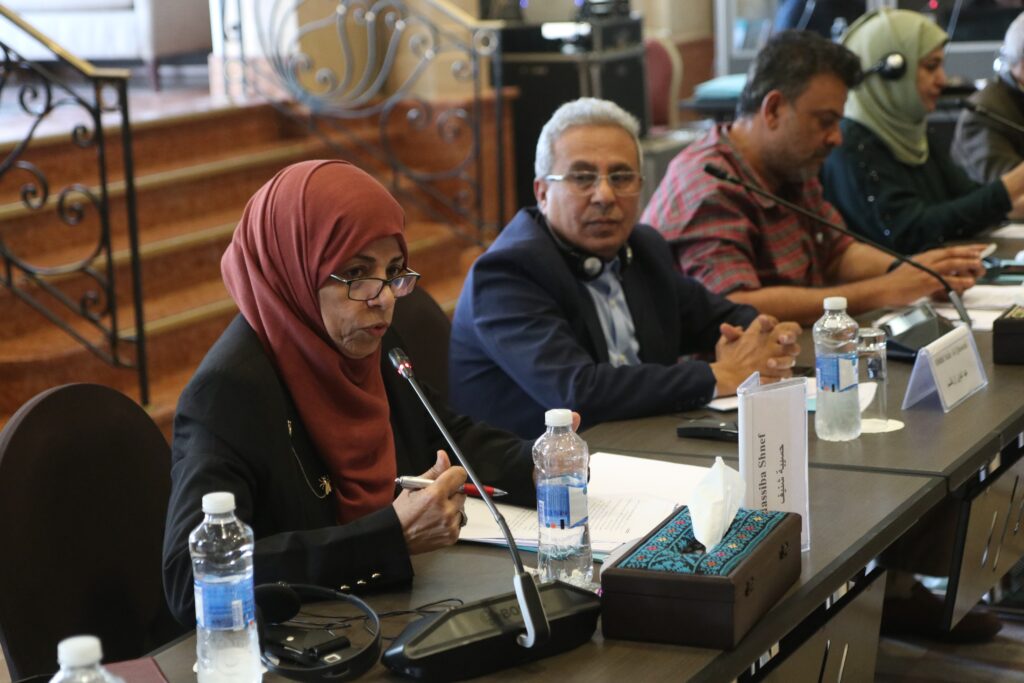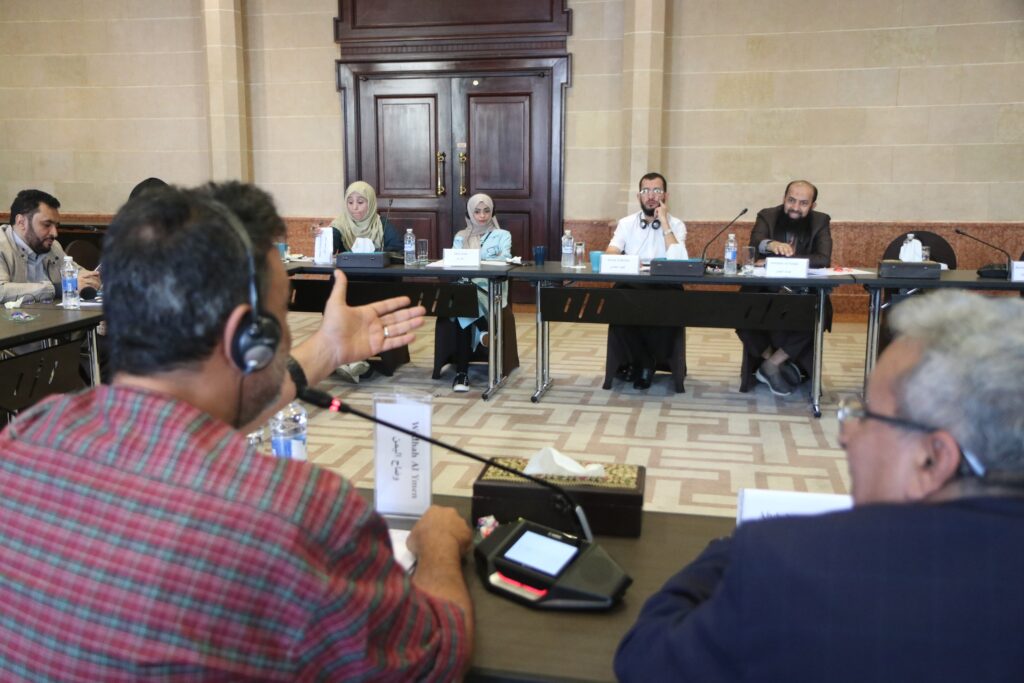Yemeni parties work to build inclusive consensus over political life in Yemen
On 28-29 of May, CMI – Martti Ahtisaari Peace Foundation organised a workshop with representatives from Yemeni political parties in Amman, Jordan. The two-day meeting provided a safe space to assess and reflect jointly on current challenges and opportunities for political parties in Yemen’s political landscape as well as avenues for the inclusion of women therein and broader political decision-making.

CMI – Martti Ahtisaari Peace Foundation organised a workshop with representatives from Yemeni political parties in Amman, Jordan, in May 2023. Photo: Annmarie Kiiskinen/CMI
The workshop is in line with CMI’s long-standing engagement with Yemeni political actors and recent efforts to enhance dialogue between formal and informal political actors in Yemen and to strengthen women’s meaningful participation. This new initiative is funded by the UK Government.
Despite increased diplomatic efforts and regional momentum for peace, political parties in Yemen suffer from marginalisation, limited influence in political negotiations and declining public trust. The political space in Yemen has been militarised and securitised by armed groups, limiting the role of political parties and partisanship in Yemen. Disagreements are rarely resolved without the risk of military confrontation, and the use and practice of peaceful political methods remains weak.
“The sounds of guns are louder than the sounds of politics”, one participant stated.

Photo: Annmarie Kiiskinen/CMI
Political parties hold historical legitimacy in Yemen’s society
Nevertheless, political parties have been identified as one of the most important constituencies for ensuring a viable peace agreement. They have the constitutional legitimacy to revitalise Yemeni political life and can use this to review and strengthen their role in the current political climate. As a result of the conflict, the parties have struggled to fulfil their constitutional duties and political mandate. As such, the workshop focused on exploring both internal and external ways to strengthen the role of political parties in Yemen’s future political life and to build trust between political parties and the general public.
During the discussion, the participants highlighted the urgency to enhance the physical safety and security of political party members and to create joint principles for dialogue and collaboration in support of an overall conducive atmosphere for political parties in Yemen. They agreed that there is a need to work on creating political will for more inclusive and sustainable participation in Yemen that is both in touch with the civil society and their respective constituencies, but also feeds meaningfully to the national political process. They jointly explored avenues to overcome internal challenges, engage in joint initiatives and advocate for their needs inside of Yemen and internationally.

Photo: Annmarie Kiiskinen/CMI
Women’s meaningful participation in politics is not a luxury but essential need
Building on a joint identification of challenges to strengthen inclusive practices in political parties and decision-making positions in Yemen, the participants recognised that the current political and societal climate discourages women’s meaningful participation in politics. Increasing threats to women’s physical and mental safety compels them to stay away from the political sphere or pushes them to the civil society sphere. In addition, domestic and global normative and cultural attitudes continue to pose challenges on women’s freedom of movement and ability to run for political positions and build their career in public offices. The participants concluded that it takes both women’s ability as well as the stakeholders’ political will to advance women’s meaningful participation in politics.
“The women’s struggle is a universal struggle, both in Yemen and globally”, voiced one participant. “Stop asking why women don’t take their rights when they have been conditioned all their lives that they are second class citizens”.
The workshop laid the basis for further dialogue and joint strategising among political parties. The participants agreed on the need to strengthen inclusion both within and across the party lines, and to create a common vision for peace among them.